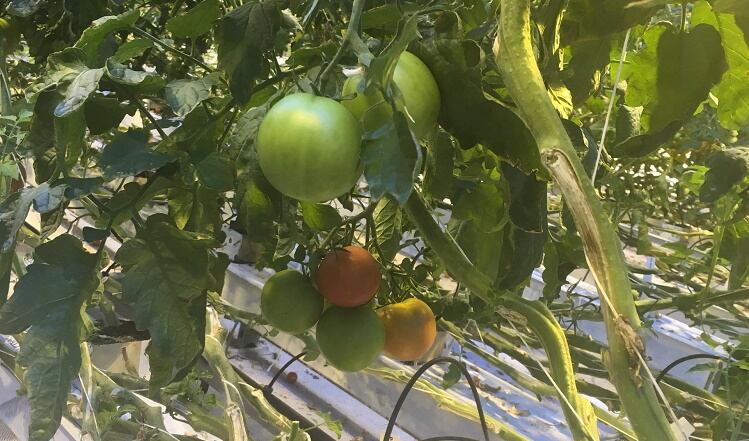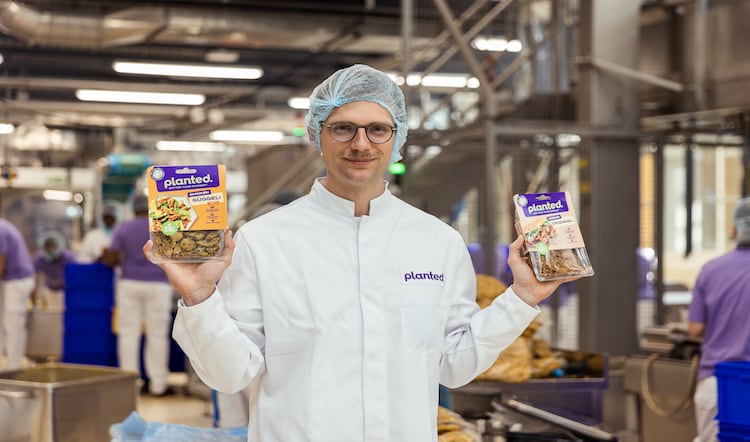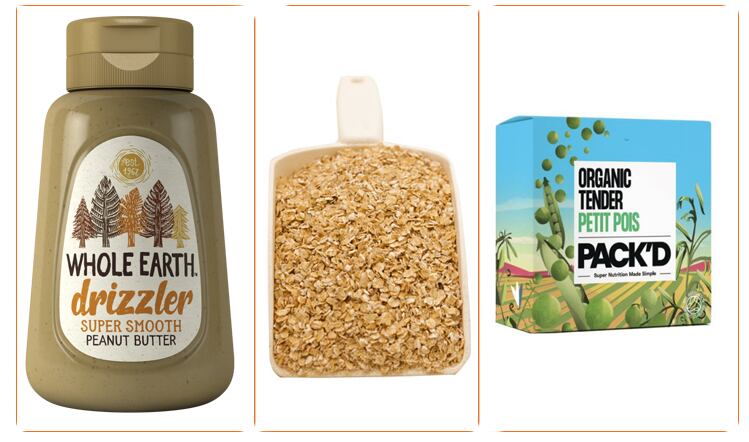Based on a method of extracting the Rubisco from sugar beet leaves, the resulting product is a ‘high-value’ protein powder that is free from toxins.
The same method could be adapted to extract Rubisco from the leaves of other food crops – potato and cassava plants, for example, also contain toxins and are also unsuitable for direct consumption.
Large-scale application of this process could increase the availability of plant-based proteins, contributing to a sustainable food supply for the growing global population. It would also help to accelerate a transition towards a more plant-based diet in developed countries, the report claimed.
Filtering method
Project leader Marieke Bruins, senior scientist in protein technology at Wageningen University & Research, said: “Our method filters out the components that are smaller than the protein we want to extract and this includes many toxins.
“Our study proves that you can achieve substantial gains in sustainability by making better use of what you already have.”
In its pure form, Rubisco has a neutral aroma, colour and flavour, and a good balance of the essential amino acids. It also has good gelation properties.
This makes Rubisco a very useful protein for processing into meat substitutes and plant-based dairy alternatives, for example as a way of providing a firm ‘bite’ or improved mouthfeel. It can also be used as egg substitute in food products.
High-value extracts
The process also provides a new more valuable route for residues created in the harvesting tomato crops.
Harvesting food crops results in the yearly production of around 40 tonnes (for sugar beet) to 50 tonnes (for tomatoes) of crop residues per hectare. These residues are composed of leaves and stems.
The leaves are either ploughed back into the soil as fertiliser or are composted, both of which are low-value uses of the residues compared to extracting protein for human consumption.
Meanwhile, Willicroft, the Amsterdam based plant-based cheese company, is set for expansion into the UK after securing a €2m (£1.69m) in investment led by Rockstart and PINC.





